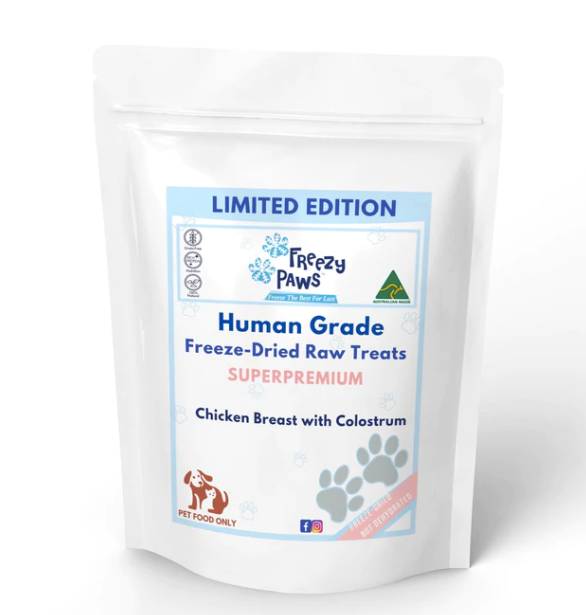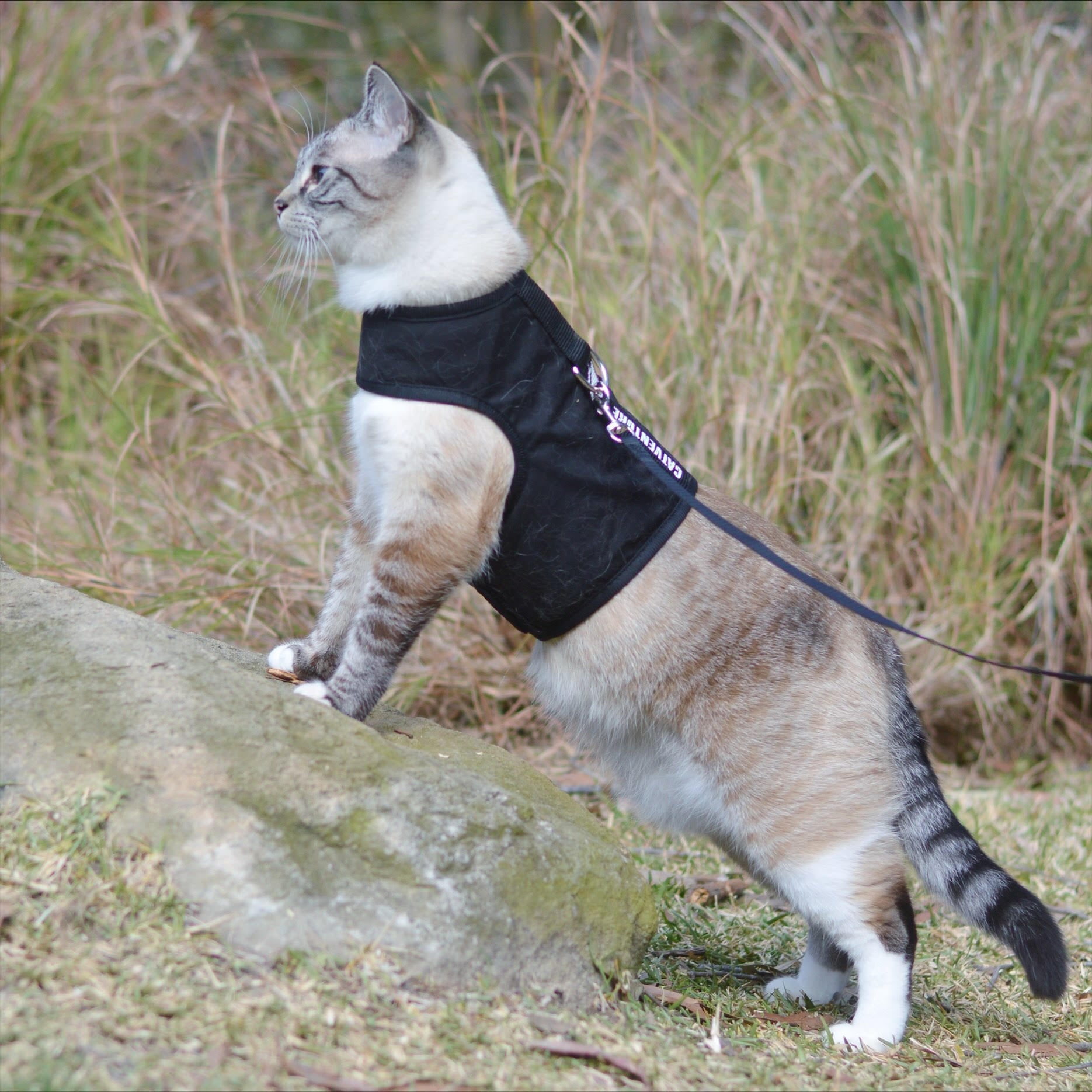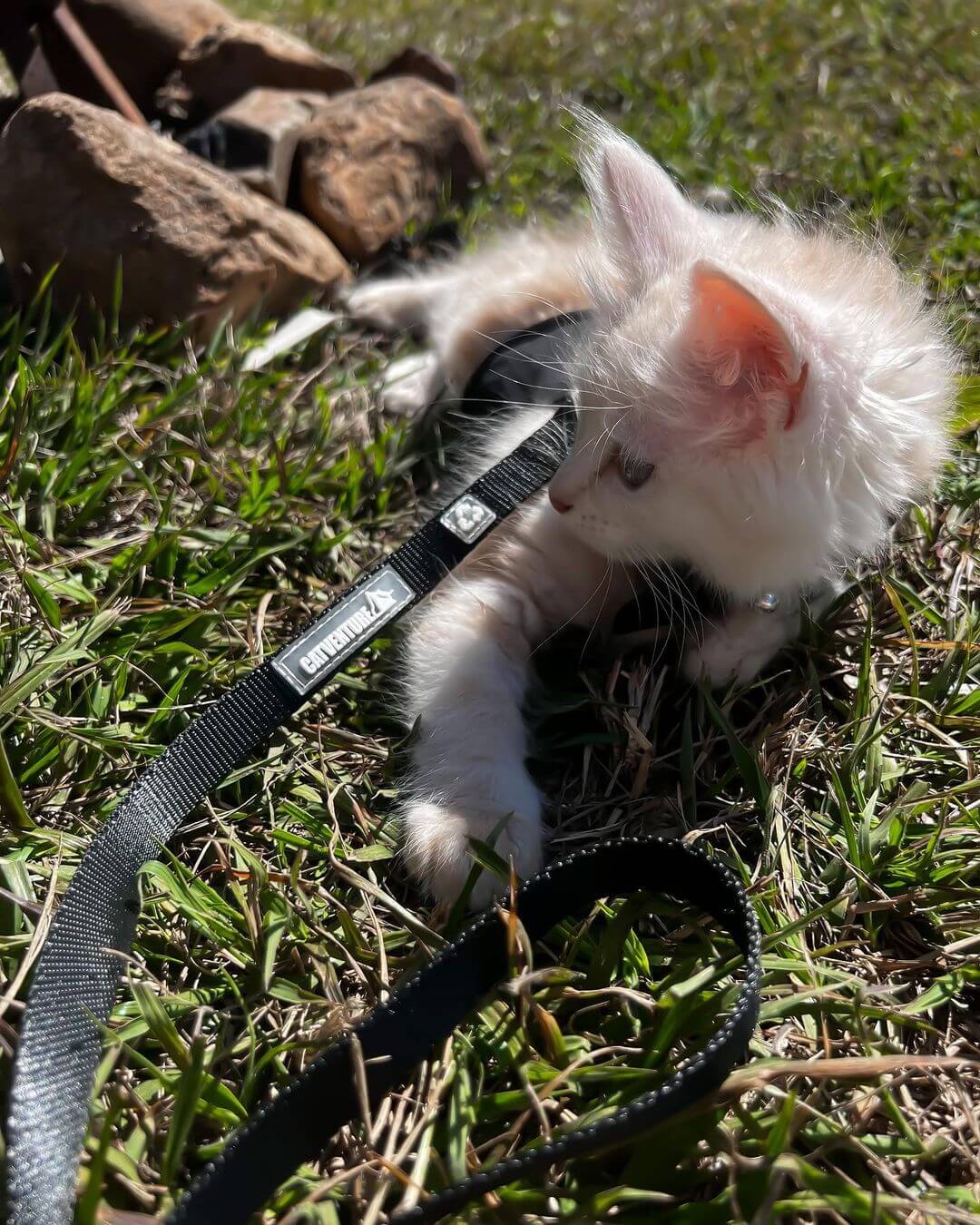As cat owners, it is important to ensure that our feline friends are receiving the proper nutrition they need to maintain good health. A healthy diet for a cat is crucial for their overall well-being and can help prevent a number of health issues, including obesity, dental problems, and digestive issues. In this article, we will explore the importance of a healthy diet for cats, what a healthy diet includes and what to avoid, and how to know if your cat's diet is not healthy. We will also discuss the importance of healthy treats compared to those with fillers, and explain what freeze-dried treats are and how they are made.
What a Healthy Diet for a Cat Includes
A healthy diet for a cat should include a high-quality protein source, such as chicken, turkey, or fish. Cats are obligate carnivores, which means they require animal protein to meet their nutritional needs. It is important to choose a protein source that is easily digestible and does not contain any fillers or additives.
In addition to protein, a healthy diet for a cat should also include a balance of essential vitamins and minerals. This can be achieved through the inclusion of vegetables and fruits in the diet, as well as through the use of supplements.
It is also important to choose a diet that is appropriate for your cat's life stage. Kittens, for example, have different nutritional needs than adult cats and should be fed a diet formulated specifically for growth and development.
In addition to the importance of choosing a healthy diet for your cat, it is also essential to ensure that your cat is adequately hydrated. Cats are prone to developing urinary tract problems and dehydration can exacerbate these issues. One way to ensure that your cat is properly hydrated is by offering wet food as part of their diet. Wet food contains a higher moisture content than dry food, which can help to keep your cat hydrated. It is important to choose a wet food that is high in protein and does not contain any fillers or artificial additives.
In addition to the hydrating benefits of wet food, it can also be a good option for cats that may have dental issues or are prone to developing plaque and tartar on their teeth. Wet food can help to keep the teeth clean and prevent dental problems from occurring.
What to Avoid in a Cat's Diet
There are a number of ingredients that should be avoided in a cat's diet, as they can cause harm to their health. These include:
-
Grains: Cats do not have a nutritional requirement for grains and they can be difficult for them to digest.
-
Artificial preservatives and additives: These can be harmful to a cat's health and should be avoided.
-
Fatty or sugary treats: These types of treats can contribute to obesity and dental problems in cats.
-
Human food: While it may be tempting to share human food with our feline friends, many human foods can be toxic to cats and should be avoided.
How to Know if Your Cat's Diet is Not Healthy
There are a number of signs that may indicate that your cat's diet is not healthy. These include:
- Weight gain or obesity
- Dull or dry coat
- Bad breath
- Constipation or diarrhea
- Lack of energy or activity
If you notice any of these signs in your cat, it is important to consult with your veterinarian and make changes to their diet as needed.
The Importance of Healthy Treats for Cats
In addition to their regular diet, it is important to offer cats healthy treats as a way to provide additional nutrients and add variety to their diet. However, it is important to choose treats that are made with high-quality ingredients and do not contain any fillers or artificial additives.
One type of healthy treat for cats is freeze-dried treats. Freeze-dried treats are made by removing the moisture from raw or cooked meat, vegetables, or fruit through a process called lyophilization. This process preserves the nutrients and flavour of the ingredients and allows them to be stored for longer periods of time. Freeze-dried treats are a great option for cats because they are easy to digest and provide a high-quality source of protein and other essential nutrients.

Conclusion
In conclusion, it is important to provide your cat with a healthy diet to ensure their overall well-being and prevent a number of health issues. This includes choosing a diet that is high in protein, balanced with essential vitamins and minerals, and appropriate for your cat's life stage. It is also important to avoid ingredients that can be harmful to your cat's health, such as grains, artificial preservatives and additives, and fatty or sugary treats. If you notice any signs that your cat's diet may not be healthy, it is important to consult with your veterinarian to make necessary changes.
References
- Fledelius, C., & Rehfeld, L. F. (2018). Nutrition of the Domestic Cat: A Review. Animals, 8(9), 107.
-
Buffington, C. A. T., & Thomas, L. (2014). Chronic Kidney Disease in Cats: Pathogenesis, Diagnosis, and Management. Journal of Veterinary Internal Medicine, 28(2), 489-506.
-
German, A. J., & Holden, S. L. (2015). The role of diet in the management of feline lower urinary tract disease. Journal of Feline Medicine and Surgery, 17(5), 397-405.
-
Legrain, S., & Biourge, V. (2016). The role of nutrition in the management of feline dental disease. Journal of Feline Medicine and Surgery, 18(8), 627-637.
-
Rochlitz, I. (2010). The role of diet in feline obesity. Journal of Feline Medicine and Surgery, 12(3), 187-192.











